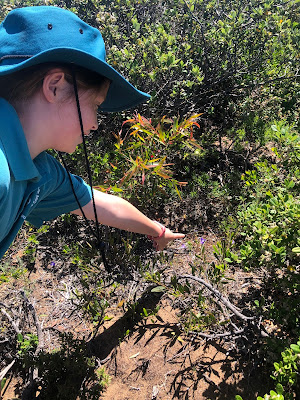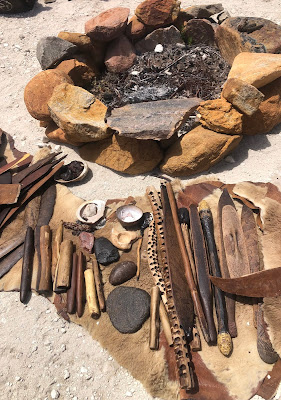Term 4 Week 8
I can’t believe I only have 6 more teaching days with the wonderful
class that is 5H. I will need a whole box
of Kleenex to see me through the tears on the last day!
Some important messages for the Week 8 and 9 Countdown….
ST VINCENT DE PAUL CHRISTMAS HAMPER APPEAL
It's that time of the
year again where we begin collecting Christmas goodies for members of our community less fortunate than ourselves. 5H students have been asked to bring in toiletries: shampoos,
brush, toothpaste, toothbrushes, lip balm, sunscreen, moisturisers, soap,
perfume etc. Thank
you for helping to make someone’s Christmas a little more special this year.
LEADERSHIP SPEECHES
The children who are nominating themselves for the 2021 Leadership
Team in Year 6 will present their speeches tomorrow morning
(1st of December) to the Year 4 -6 students and teachers. These presentations will begin at 9:00am. Unfortunately,
due to COVID restrictions, parents are unable to attend.
Any child that is using a PowerPoint to support their speech will
require it saved on a USB and in a zip locked bag with their name clearly
marked.
CHRISTMAS CONCERT
As mentioned in our last school newsletter, the students have been asked to wear Christmas colours to the upcoming concert on Tuesday 8th December. 5H will be joining 5J to sing you a Christmas song that they have been practising with Mrs Sherborne in their music lesson named"Christmas Kindness". It fits in perfectly with our 8 week Kindness Challenge that has been part of our home learning grid this term. More information with concert details will be sent home by Mr Lee later this week.
LIBRARY BOOKS
Please
have a hunt around your homes for any books belonging to school as all library
books
are now due back.
However, the children may keep their copy of Wonder until the final week
as we will be continuing to refer to it in our reading programme.
HOMEWORK
This
is our last week of our Home Learning Grid.
It contains a review of personal spelling words that your child has spelt
incorrectly in their writing as well as other activities they must complete by
Friday. It also contains a list of personal timestable questions that they have incorrectly answered in our weekly tests. Please support your child to
keep up with their good homework habits.
PART 2 of OUR CAPE NATURALISTE EXCURSION
written by Lucy, Tilly, Cielo,
Pearl, Shaye, Lara, Ellie and Rhavi
Next, Josh told us a Dreamtime story about the whale. The Wardandi people believe that the whale was a land creature, the Mamung, who lived in the South West but was very slow walking on land. The other animals teased it for being so slow. They scratched it. One day the whale got tired of being bullying and followed the river out to the sea. His huge limbs became fins and tails. The scratches became barnacles. When a whale beaches itself it is ready to come back to the land.
Josh told us that the Wardandi people would eat the native apricot
fruit and the native tomato. When it is ripe it is yellow. The
native rosemary. They would use the succulent parts of
"pigface" to take the swelling and itch out of mosquito bites.
They used the coastal wattle by crushing up the nuts and seeds for
damper. Banksia and Sheoak were burnt to make the hot ash to cook the
damper in.
The flower of the banksia was dried out and used to make a firestick to start a fire.
We then gathered at the Bora (the
Meeting Place). Josh taught us about the tools the Wardandi
used. They made a resin from the grass tree that is the oldest in
history. They used the resin on the end of their tools to make them
harder and more durable and attached sharp shells with it to cut. Josh
found a 1,500 year old axe head rock on one of his walks at a significant site
on the Cape. Smaller boomerangs were used to kill small marsupials and
ducks. Larger boomerangs were thrown at kangaroo’s legs. Their
boomerangs and shields were decorated in artwork. The Wardandi do not use
dots in their artwork. Instead symbols are used to represent meeting
places, rivers, plants and stories.
Kangaroo skin was used to make
waterproof, warm cloaks, shoes, bags and blankets. When families would move,
they would carry their tools in these bags but leave heavy things (like rock
tools) behind and remake them at their next camp.










































Comments
Post a Comment